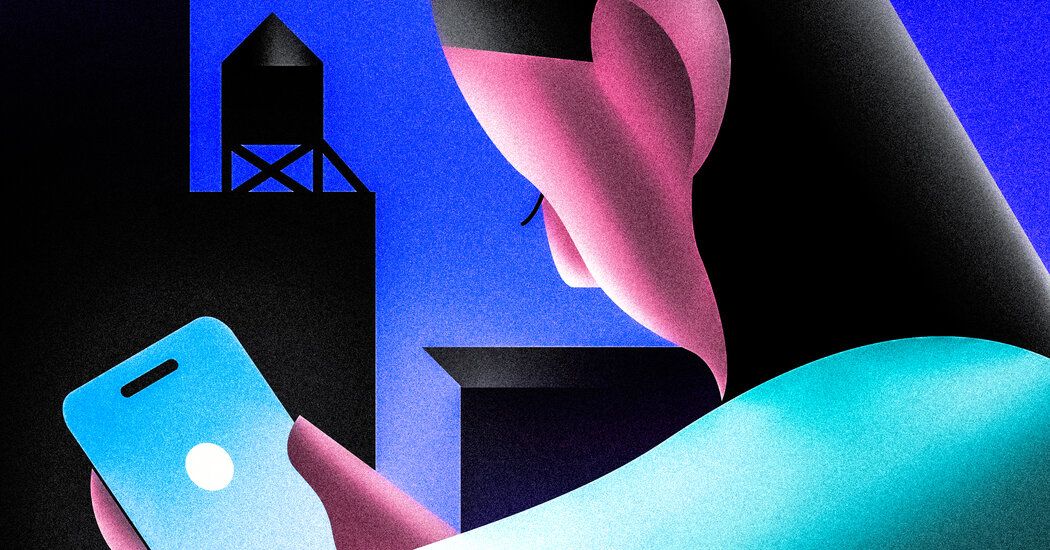Harvard Study Highlights Loneliness Among Teens Despite Increased Social Media Use

Cambridge, MA - A recent study conducted by Harvard researcher Laura Marciano over the summer has shed light on the paradox of loneliness among teenagers despite their extensive use of social media. The research involved interviews with 500 teenagers who were recruited with the help of Instagram influencers.
For several weeks, participants were required to fill out a questionnaire three times daily to report on their social interactions. Surprisingly, over half of the respondents indicated that they had not engaged in any form of communication, either face-to-face or online, in the preceding hour.
This study comes at a time when there's a noted increase in feelings of isolation across the U.S. According to recent statistics, Americans are spending more time alone, have fewer close friendships, and feel less connected to their communities than they did two decades ago. In fact, one in two adults reports suffering from loneliness, a condition described as the physiological distress resulting from social isolation.
Dr. Vivek Murthy, the nation’s surgeon general, has labeled loneliness as an epidemic, highlighting its significant impact on public health. "Even though these teenagers are on break from school and have the time to engage with others through social media, the findings suggest a troubling trend of disconnection," Marciano noted.
The implications of this study are profound, suggesting that while technology provides numerous platforms for interaction, it might not be fulfilling the social needs of the younger generation in the ways one might expect. "It's crucial we understand this dynamic better to address the rising tide of loneliness," Marciano concluded.
The study continues to explore the nuanced relationship between technology use, social interaction, and mental health, aiming to develop strategies that might mitigate the effects of digital isolation.
